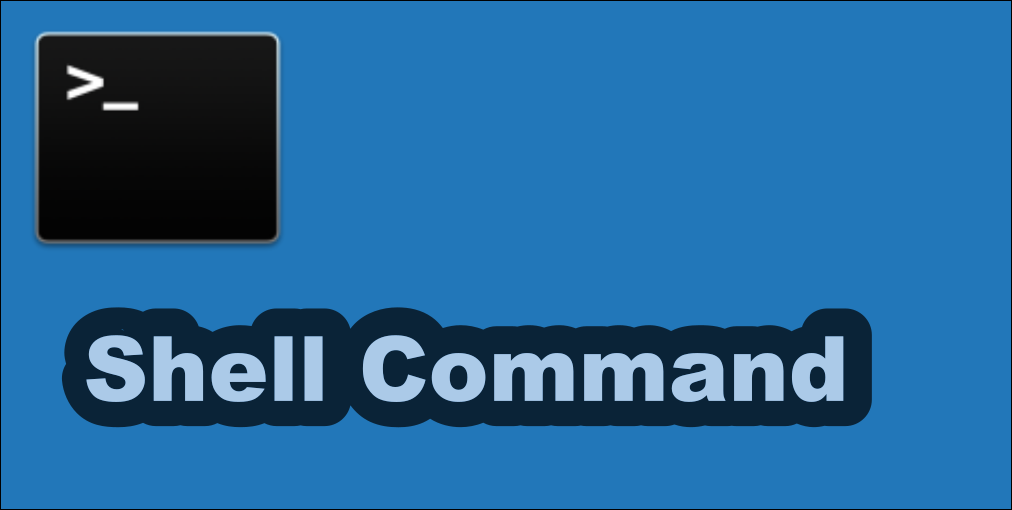How To - Shell Command For Test Speed HDD In Linux
I will share tutorial again, this command for check performance disk a.k.a hdd.
Just for checking in your linux, you can use tool with name hdparm. This simple command for execute, follow this instruction:
Enter to directory /var/log/
_# cd /var/log/_
after that, now type command:
1
# hdparm -Tt /dev/sda
This result
1
/dev/sda: Timing cached reads: 2386 MB in 2.00 seconds = 1192.99 MB/sec Timing buffered disk reads: 118 MB in 3.01 seconds = 39.16 MB/sec
Explanation: The result show cache read in my notebook is timing cache read: 2386 MB in 2 second and timing buffered disk read: 118 MB in 3.01 second
This performance disk in my old notebook, so for show information HDD (-i) and geometry (-g) as follows:
1
# hdparm -Ttgi /dev/sda
This result:
1
/dev/sda: geometry = 60801/255/63, sectors = 976773168, start = 0 Model=TOSHIBA MK5065GSX, FwRev=GJ003A, SerialNo=81SLBAWOB Config={ Fixed } RawCHS=16383/16/63, TrkSize=0, SectSize=0, ECCbytes=0 BuffType=unknown, BuffSize=8192kB, MaxMultSect=16, MultSect=16 CurCHS=16383/16/63, CurSects=16514064, LBA=yes, LBAsects=976773168 IORDY=on/off, tPIO={min:120,w/IORDY:120}, tDMA={min:120,rec:120} PIO modes: pio0 pio1 pio2 pio3 pio4 DMA modes: sdma0 sdma1 sdma2 mdma0 mdma1 mdma2 UDMA modes: udma0 udma1 udma2 udma3 udma4 *udma5 AdvancedPM=yes: unknown setting WriteCache=enabled Drive conforms to: Unspecified: ATA/ATAPI-3,4,5,6,7 * signifies the current active mode Timing cached reads: 8560 MB in 2.00 seconds = 4281.70 MB/sec Timing buffered disk reads: 184 MB in 3.00 seconds = 61.27 MB/sec
Explanation: The result is tell type or name in hdd and all specifications like model name, serial. In above i use TOSHIBA MK5065GSX as hdd (hard disk drive)
For showing temperature use options -H
1
hdparm -H /dev/sda
And result:
1
/dev/sda: drive temperature (celsius) is: 38 drive temperature in range: yes
Explanation: In above result showing my notebook temperature in celcius. And this drive temperature is 38 °C
So you can exploring, like use shell script or add option for show CDROM and just type hparm -h.
Keep enjoying!
